The family story I always heard about Bari and St. Nicholas was that the people of Bari went to Turkey where St. Nicholas was buried and stole him from the Orthodox as the Muslims were approaching (and we wonder why the Orthodox don't like us). From what I have read online this turns out to be pretty true.
From Wikipedia
On August 26, 1071 Romanus IV, Emperor of the Eastern Roman Empire (reigned 1068 - 1071) faced Sultan Alp Arslan of the Seljuk Turks (reigned 1059 - 1072) in the Battle of Manzikert. The battle ended in humiliating defeat and capture for Romanus. As a result the Empire temporarily lost control over most of Asia Minor to the invading Seljuk Turks. It would regain its control over Asia Minor during the reign of Alexius I Comnenus, (reigned 1081 - 1118). But early in his reign Myra was overtaken by the Islamic invaders. Taking advantage of the confusion, sailors from Bari, Italy seized the remains of the saint over the objections of the Orthodox monks. Returning to Bari, they brought the remains with them and cared for them.
More from Catholic Online
All Christians, young and old, men and women, boys and girls, reverence his memory and call upon his protection. And his favors, which know no limit of time and continue from age to age, are poured out over all the earth; the Scythians know them, as do the Indians and the barbarians, the Africans as well as the Italians." When Myra and its great shrine finally passed into the hands of the Saracens, several Italian cities saw this as an opportunity to acquire the relics of St. Nicholas for themselves. There was great competition for them between Venice and Bari. The last-named won, the relics were carried off under the noses of the lawful Greek custodians and their Mohammedan masters, and on May 9, 1087 were safety landed at Bari, a not inappropriate home seeing that Apulia in those days still had large Greek colonies. A new church was built to shelter them and the pope, Bd. Urban II, was present at their enshrining. Devotion to St. Nicholas was known in the West long before his relics were brought to Italy, but this happening naturally greatly increased his veneration among the people, and miracles were as freely attributed to his intercession in Europe as they had been in Asia.
And finally from an unnamed Greek Source from the 13th Century online.
(2) Disembarking, then, at Myra, these privileged mariners, after approaching the sacred and holy grave of the Blessed, and after bowing down with great humility, as was meet, they made an act of reverence. Then, after they found monks watching beside the holy grave of the Blessed, they requested them to make known to them where the saint's body lay. The monks, thinking that they had made the request in order to reverence the body, with sincerity and kindheartedness complied with their desire and showed them the place where the body of the holy prelate was. The monks afterwards questioned them somewhat sharply "Why you men, do you make such a request? You haven't planned to carry off the remains of the holy saint from here? You don't intend to remove it to your own region ? If that is your purpose, then let it be clearly known to you that you parley with unyielding men, even if it mean our death. For we have rid ourselves of all fear. We won't allow this to be done, we are not going to take after the Iscariot who became a traitor to his own Saviour and Master. Away with any such thoughts! But in truth how can we be unthinking traitors to our own guardian, to our protector, our champion, our intercessor? How can we show ourselves as not submissive, but disobedient servants of our benefactor, our patron and our father?"
...
After saying this to the monks, when they saw that these persisted the more in grief and tears and regarded their words as of no account, they forced their way into the miraculous tomb. The watchers seeing this unexpected turn of events and overcome with fear and trembling, rent their garments and pulled at their hair and bears, bewailing their misfortune piteously, and made as if to inform the citizens of the happening. And when the men of Bari perceived-this, they put guards at the entrances and exits of the holy church and, overpowering the monks, took counsel how they could open the holy tomb of the Blessed.
So that is how the St. Nicholas, Bishop of Myra ended up in Italy. In my family we always sort of imagine some relative far in the past being among those absconding with the relics. Although, I'm not sure if that would be a good thing or not...
(Here are some pictures online that I found of his Basilica)
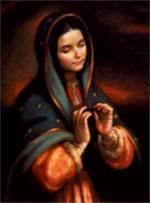

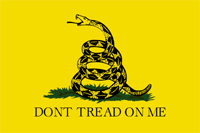


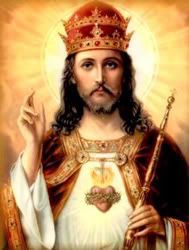
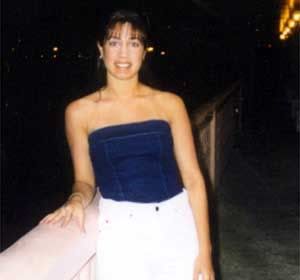

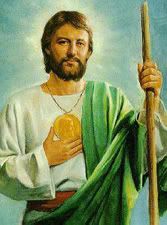
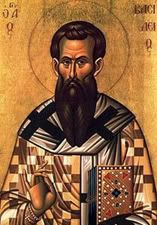
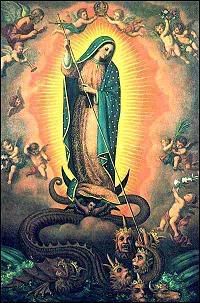

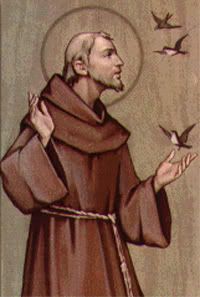
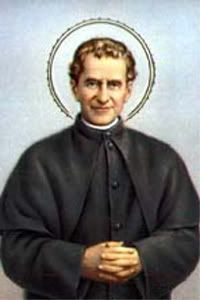
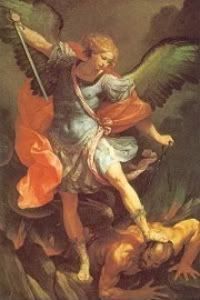
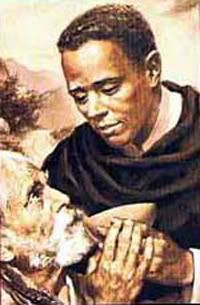
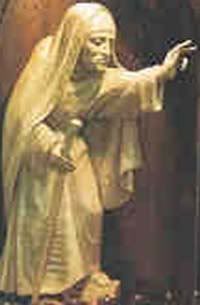
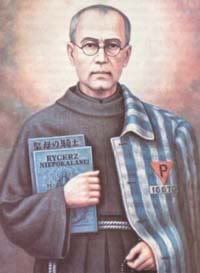
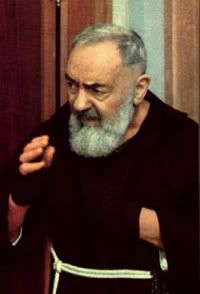
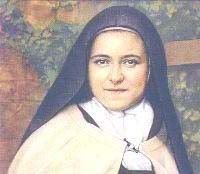
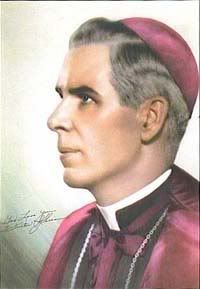
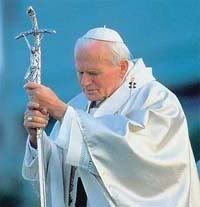
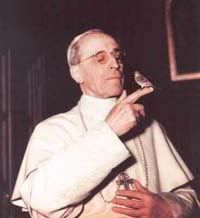
No comments:
Post a Comment